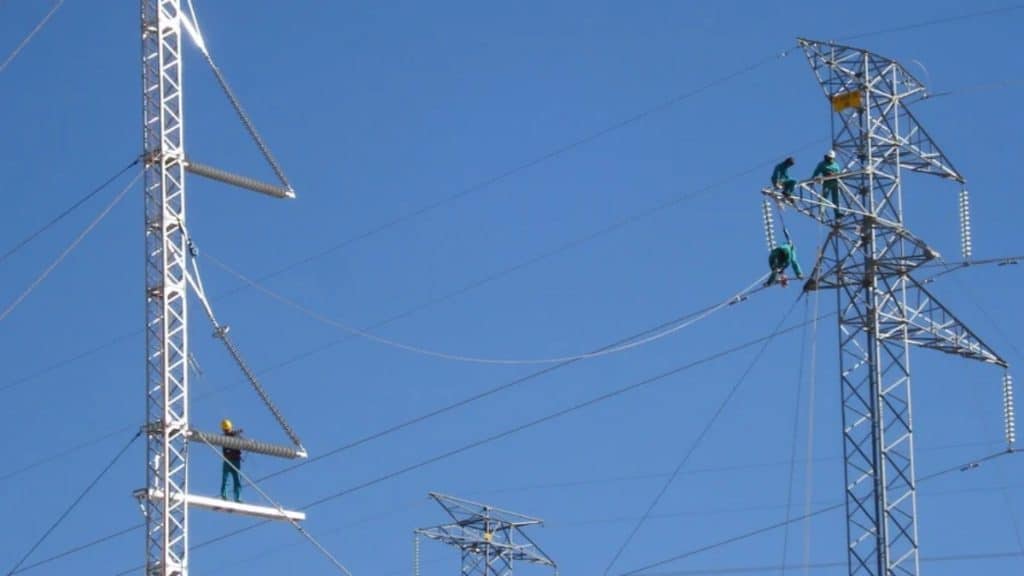As power is necessary for almost all the functions of modern life, a power supply disruption can be really massive. Whether it is your house or a hospital, whether it is a factory or an office, the place comes to a standstill with a power supply disruption. That is when power system specialists play their role and ensure that the emergency is restored through the return of power. These experts are usually well-equipped to restore electricity in the most efficient manner and reduce the effects of an outage.
Let’s take a closer look at how power system specialists support emergency power restoration and why their role is so indispensable.
Understanding Emergency Power Restoration
Emergency power restoration is the resumption of interrupted electrical supply promptly and immediately after such interruptions, most probably caused by natural catastrophes, equipment failure, or human errors. It would demand much expertise, accuracy, and rapid action in a bid to reduce long periods of downtime and the risks in safety and infrastructure.
Control of this procedure in restoring the power as fast as possible and with maximum safety is controlled by the technical expertise and problem-solving abilities of these power system specialists.
Key Tasks of Power System Specialists
Power restoration in an emergency situation includes the following activities for power system specialists, namely,
1. Identification of causes of interruption
Restoration of electricity includes a diagnosis for finding the cause of the blackout. The tools of diagnostic and diagnostic techniques by specialists of the power system are used to find out whether the problem lies in a downed power line, faulty transformers, or a grid overload.
Their quick assessment facilitates proper targeting of repairs and saves the precious time.
2. Coordination with Utility Teams
Working closely with utility companies, government agencies, and emergency response teams, power system specialists coordinate for seamless approach power restoration, especially in storm-related or other catastrophic failures.
This coordination helps plan priorities on places such as hospitals and emergency shelters and water treatment facilities that need to be restored first.
3. Using Temporary Power Solutions
Emergency power systems provide continuation of essential services in emergencies. Experts on the system will fit the generators, mobile substations, and additional power as supplementary supply in essential places.
Temporary means for maintenance stability so the business can still carry on some functions by themselves to keep life running with temporary measures and doing permanent restoration processes.
4. Equipment replacement
After diagnosis, power system experts repair or replace the faulty equipment. This could be circuit breaker repair or transformer replacement, along with the resumption of contact to power lines.
Their knowledge in this respect ensures that such work is done safely and also according to all the set norms of the profession.
5. Further Damage Avoidance
It becomes more of not causing further damage to the system but rather assessment of infrastructure generally with measures being taken towards the stabilization of the system and stoppage of the cascading failure.
Tools and Techniques of Specialist People
Power restoration in a state of an emergency has plenty of tools and techniques for specialist people. Such are:
Thermal Imaging Cameras: These can catch overheated machinery and pinpointed problems.
Advanced Monitoring Systems: To monitor the performance and then identify weak points of the grid.
Remote Control Systems: This helps one monitor equipment and change power without a visit to the site. This increases the power-on time.
Predictive Maintenance Tools: Predict the failure and respond way before it happens.
This helps experts operate with efficiency even under tough conditions.
Training and Expertise
Emergency power restoration is a very high-pressure task that requires thorough knowledge of electrical systems, safety protocols, and even solving problems at the moment.
Power system specialists would have received extensive training to help in handling complex situations and making fast decisions under pressure.
Their specialty would not only help accelerate the restoration of power but also reduce the possibility of accidents and further destruction of the system.
Specialists and Disaster Response
Hurricanes, floods, as well as earthquakes destroy all the natural places as well as areas and they keep everything in total darkness with communities affected badly. At such times, it would be possible to give much importance to power system specialists in the response and management of disasters.
They directly collaborate with the response teams for bringing back the power supply, vital services, and maximization of the recovery. For restoring power back in adverse conditions while simultaneously being able to respond to dynamic conditions, makes them some of the most important assets there are, in managing the disaster process.
Benefits Power System Specialist Provide
There are several benefits of power system specialists that enable them to succeed for emergency power restoration:
Response Time: They diagnose and fix it faster due to their broad knowledge.
Safety: Experts observe safety measures carefully; therefore, there is less chance of risk.
Downtime is reduced: Restoration is efficient; therefore, the economic effect of outages is reduced.
Long-term solution: Experts will deal with the root cause, thus preventing further outages.
Unsung heroes of emergency power restoration are the power system specialists. They have the know-how, precision, and commitment to restore power with efficiency and safety in any challenging condition.
These professionals, from diagnosing faults and providing interim remedies to restoring battered systems, can enable our electric network to be steady. From a small power outage to a massive blackout that can rank as a disaster, the revival of life either in its ordinary business and home consumption patterns or to normal home living and businesses will depend on these professionals.
By investing in power system specialists skilled in their tasks, we shall strengthen the resilience and thus avoid an unplanned power interruption, providing a reliable future in energy supply.
